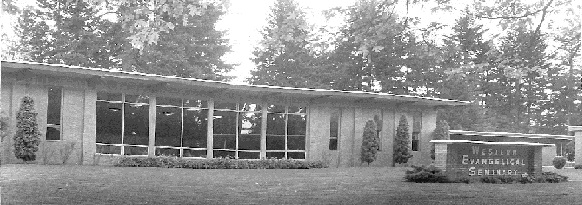Date of Award
5-1973
Document Type
Thesis
Department
Seminary
Abstract
Time and time again throughout the history of Christianity, scholars have challenged the traditional and orthodox Christian faith particularly on the point of hermeneutics. The Church has made vital reactions to such challenges and has incessantly utilized that which could be salvaged from the proposals and conclusions of these adversaries to clarify and formulate its beliefs. This should be the attitude of every Christian theologian as he seeks to exercise his role as a defender of the faith.
Interpreting the New Testament message in such a way that the modern man can readily understand it has been the object of theological concern for a number of years. Evangelicals accept, without doubt, that the New Testament is the word of God spoken through the words of men. But it has been put to question whether it speaks to men, especially men of today, in direct and straightforward language. Rudolph Bultmann argued that it does not. To make his denial meaningful, he developed his hermeneutical program known in theological language as demythologization.
The problem of this thesis was concerned with Bultmann's concept of demythologization. Does his view of demythologization offer an adequate polemic for New Testament interpretation?
Recommended Citation
Williams, Carlton Llewellyn, "The Bultmannian Engima -- An Investigation into the Concept of Demythologization" (1973). Western Evangelical Seminary Theses. 29.
https://digitalcommons.georgefox.edu/wes_theses/29
Included in
Biblical Studies Commons, Religious Thought, Theology and Philosophy of Religion Commons

